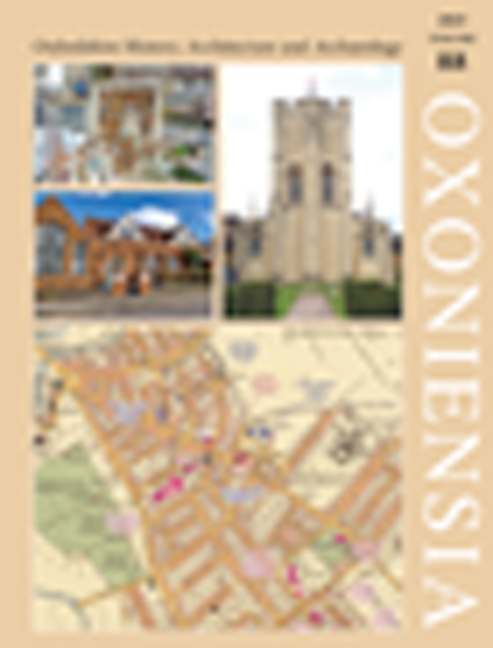Vivian Ridler (ed. Colin Ridler), Diary of a Master Printer: A Year in the Life of the Printer to the University, Oxford
Published online by Cambridge University Press: 15 May 2024
Summary
In 1970 the British economy was on the cusp of radical change. The ‘golden age’ of capitalism that had started in the early 1950s, when economic growth was broadly stable and continuous, and inflation was benign, was coming to an end. It would be replaced by ‘stagflation’ (that ugly portmanteau which combines stagnating economic growth with inflation), civil unrest and political instability. Memories of that economic turmoil have been recently rekindled by surging inflation and sluggish economic growth fuelled by the disruptions of Covid, war in Ukraine and geopolitical instability. The state of British manufacturing in 1970 is startlingly illuminated in the Diary of a Master Printer (edited by Colin Ridler) which conveys the industrial disputes, management failings and disruptive impacts of technological change that beset the Printing House of Oxford University Press (OUP). The ‘Master Printer’ was Vivian Ridler (father of the editor) who was in charge of the Printing House from 1958 to 1978 and kept this diary between June 1970 and June 1971.
Vivian Ridler managed a strange business beast: his Printing House was part of the much larger OUP business which was (and is) owned by the University of Oxford; in 1970 it operated alongside two publishing houses (the Clarendon Press and the London Business) and a paper mill. A challenge for academic publishers, such as OUP, was the tension between scholarly and commercial activities. Scholarship required the publication of the latest research which was often not profitable, and which could conflict with commercial imperatives. A further tension is evident throughout the diary: Ridler and his colleagues wanted to craft and print beautiful books which were increasingly less competitive than books that were mass produced by the latest technologies.
The diary is eloquently written and includes aspects of Ridler’s business and social lives and their frequent intersections. As far as business is concerned, Ridler documents the challenges of book production, negotiating with the bank and dealing with unions. His business life permeates his social life as he effortlessly moves from book production and conversing with authors to attending trade association meetings, dining at high table, attending concerts and lunching at the Garrick Club. His approach to his workers was both paternalistic and condescending. He attends to the welfare of his workers, visits them in hospital and attends their funerals, but class divisions were very apparent.
- Type
- Chapter
- Information
- Oxoniensia , pp. 387 - 389Publisher: Boydell & BrewerFirst published in: 2024

